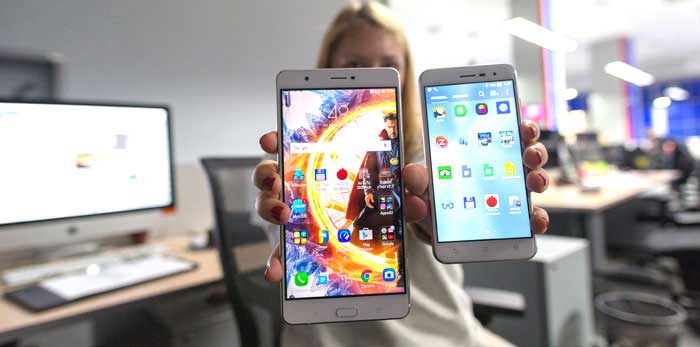And the question is, can we fix it? In the industry there is a person called Erika Atold, now in reality Erika doesn't exist, the person that is called Erika is a composite drawn from correlated data from interviews, Erika is the mean average of all of that data. The information says Erika is a 32-year-old mother, she's a legal secretary who works in Seattle and she embraced the Internet revolution compulsively, she owns seven digital devices, she is a desktop, a laptop, two tablets, two phones and a watch. She spends on average 140 hours a week online, she toggles obsessively between Skype, FaceTime and checking her 200 daily e-mails, she also does about 30,000 texts per month, on all the devices she has 920 downloaded apps and 100 bookmarked websites. The last thing about Erika we know is that in 2015 she overdosed on technology and almost had a nervous breakdown.
Most people who reported similar currents is to Erika said that at the end they were disorientated and detached from the real world and that they lost any sense of what was truly important in their life, it was just crazy, sick and very sad. Now Erika's story is at the extreme end of the spectrum but it is hardly unusual in the United States today, indeed we are a nation of digiholics and the sad part is that the chaos and confusion that is now permeating our lives thanks to out technology addiction is not only debilitating and disrupting to our professional lives it is now starting to destroy our personal well-being.
It was staggering to the researchers to find that the average adult under the age of 45 has four digital devices as a minimum and they spend 90% more time consuming digital media on their current smart phone than they did two years ago. The researchers said there are signs of crisis nearly everywhere, did you know that nearly 60% of computer users check e-mail in the bathroom, 15% of people have read their e-mails in church and 85% say they wouldn't go on vacation if they could take their laptop. Each person checks an average of 40 websites every day and we opened 85% of work e-mails within 2 min. on top of that we switch programs nearly 37 times an hour on average.
We are definitely, according to the researchers, interacting with technology in unhealthy ways, they say there is evidence that the frantic digital overload is destabilizing our lives, it is adversely affecting our decision-making, innovation and productivity in the workplace. One study conducted by Microsoft track the e-mail habits of its staff. They found for example that once a person's work had been interrupted by an e-mail notification that worker generally took on average 24 min. to get back to the original task they were doing when the e-mail arrived. There is another study at their which was conducted by the Harvard business school that actually said ringing phones and e-mail alerts lowers a workers IQ by 10 points.

